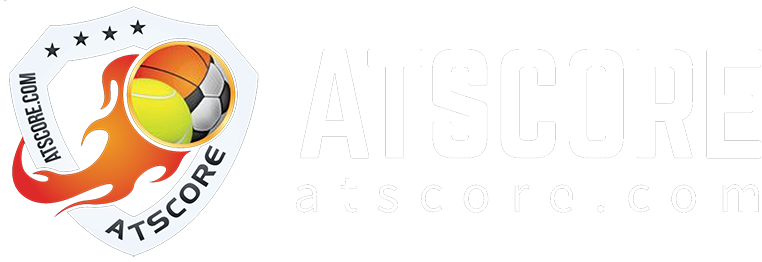A New Era in African Football: Morocco’s World Cup Legacy
Morocco, after a historic performance in the Qatar World Cup, is poised to redefine African football. Their remarkable journey to the semi-finals not only marked a milestone for Morocco but also for Arab and African nations in football history. However, the real test now lies in translating this success to the Africa Cup of Nations, where Morocco’s track record has been less than stellar.
Chasing a Long-Lost Trophy
Despite being one of the 12 teams in the 24-team tournament with previous wins, Morocco’s sole victory dates back to 1976. Since then, their journey has been marked by unexpected exits, especially when pegged as favorites. Coach Walid Regragui acknowledges the challenges of the Cup of Nations, despite the team’s recent exposure to high-stakes matches. He stresses that past experiences, while valuable, do not guarantee success in this unpredictable tournament.
The Battle for Dominance
Morocco faces stiff competition, notably from the host nation Ivory Coast, Ghana, Nigeria, and the reigning champions, Senegal. Sadio Mane, fresh from his wedding, leads a seasoned Senegalese team, which recently triumphed over Brazil. The Ivorians, playing on home turf, must contend with the pressures of high expectations, a challenge that has often been a stumbling block for host nations. Nigeria, with a formidable squad, seeks to overcome recent lackluster performances, while Egypt and Algeria represent a solid North African contingent.
Dark Horses and Potential Upsets
The field also includes former champions like Cameroon, the Democratic Republic of Congo, South Africa, and Zambia, all capable of upsetting the established order. These teams bring unpredictability and excitement, reinforcing the Cup of Nations as a showcase of Africa’s diverse football talent.
A Tournament of Firsts and Lasts
The tournament, spread across six stadiums, four of which are newly built, promises a spectacle of football. There’s a significant focus on pitch conditions, a recurring issue in past tournaments. Efforts have been made to ensure top-quality playing surfaces, including bringing in experts from France. The controversy surrounding the condition of the pitches highlights the importance of infrastructure in hosting such a prestigious event.
The tournament, initially scheduled for June last year, was postponed to avoid the rainy season. This rescheduling places it in the middle of the European league season, much to the chagrin of several club coaches. This timing adds another layer of complexity to a tournament already full of challenges and expectations.
Morocco, riding high on World Cup fame, now faces a pivotal moment. Can they translate their newfound global respect into continental dominance, or will the Cup of Nations prove once again to be their Achilles’ heel? This question looms as the tournament commences, promising thrilling football and the possibility of new legends being forged.

 at
at 








